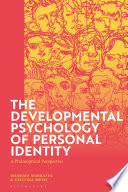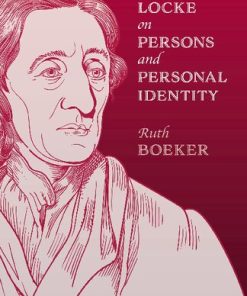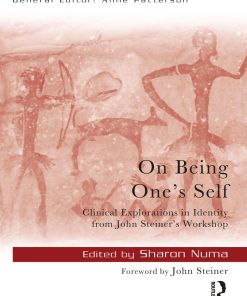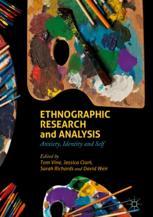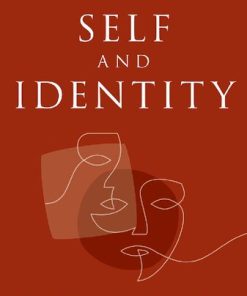Hume on the Self and Personal Identity
$50.00 Original price was: $50.00.$25.00Current price is: $25.00.
Hume on the Self and Personal Identity – Ebook Instant Download/Delivery ISBN(s): 9783031042744,3031042743,9783031042751, 3031042751
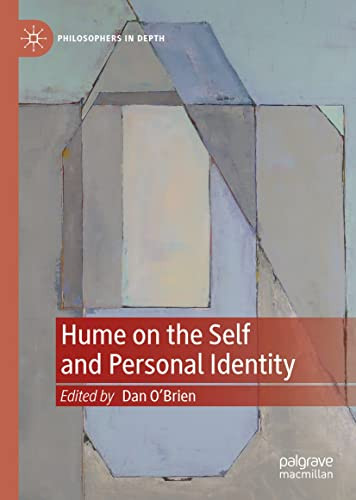
Product detail:
- ISBN 10: 3031042751
- ISBN 13: 9783031042751
- Author: Palgrave Macmillan
This book brings together a team of international scholars to attempt to understand David Hume’s conception of the self. The standard interpretation is that he holds a no-self view: we are just bundles of conscious experiences, thoughts and emotions. There is nothing deeper to us, no core, no essence, no soul. In the Appendix to A Treatise of Human Nature, though, Hume admits to being dissatisfied with such an account and Part One of this book explores why this might be so. Part Two turns to Books 2 and 3 of the Treatise, where Hume moves away from the ‘fiction’ of a simple self, to the complex idea we have of our flesh and blood selves, those with emotional lives, practical goals, and social relations with others. In Part Three connections are traced between Hume and Madhyamaka Buddhism, Husserl and the phenomenological tradition, and contemporary cognitive science.
Table of contents:
- Part I. The Self in Book 1 of the Treatise
- 1. How Sceptical Is Hume’s Theory of Personal Identity?
- 2. Hume’s Bundle
- 3. What I Call Myself
- 4. Hume and Kames on the Self and Personal Identity
- Part II. The Self in Books 2 and 3 of the Treatise
- 5. Character Development in Shaftesbury’s and Hume’s Approaches to Self
- 6. Sympathy, Self and Others
- 7. ‘Scottish Sympathy’: Hume, Smith, and Psychoanalysis
- 8. What Is Humean Autonomy?
- 9. A Fragmented Unity: A Narrative Answer to the Problem of the Unity of the Self in Hume
- Part III. Hume’s Self and Other Philosophical Traditions
- 10. Candrakīrti and Hume on the Self and the Person
- 11. Husserl (and Brentano) on Hume’s Notion of the Self
- 12. Disguising Change: Hume and Cognitive Science on the Continued Existence of Se
People also search:
You may also like…
Psychology - Developmental Psychology
The Developmental Psychology of Personal Identity Massimo Marraffa
Politics & Philosophy - Anthropology
Locke on Persons and Personal Identity 1st edition by Ruth Boeker 0192585967 9780192585967
Politics & Philosophy - Anthropology
What Matters in Survival: Personal Identity and other Possibilities 1st Edition
Linguistics - Linguistics
Politics & Philosophy - International Relations
Psychology - Psychotherapy
Politics & Philosophy
Politics & Philosophy - Philosophical Positions & Movements




